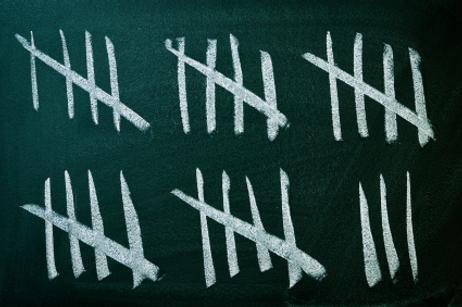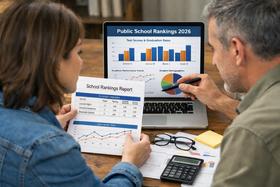With the first day of school still a clear memory and fall holidays right around the corner, the focus of many school districts is on a single obscure event that typically falls during the months of September or October. Count day is the one day of the school year that means everything to schools in terms of the amount of funding they receive. For every student that can be accounted for on this special day, funds are allotted for that school. During a time when school budgets are stretched well past their comfort levels, it is no wonder that count day is becoming bigger than any other day of the year for some school districts.
This video explains how student attendance affects school funding.
Why Count Day?
According to the Michigan state government website, count day is the day when all the public schools in the state total up all of the students attending their schools. The event also occurs in other states, like Colorado and Indiana. On this day, the number of students tallied adds up to direct funding for the school. For example, every student counted on count day in Colorado brings an additional $6,400 into the school in which he is enrolled, according to data in the Denver Post. In the Detroit Public School system, every student accounted for on count day means more than $7,000






















